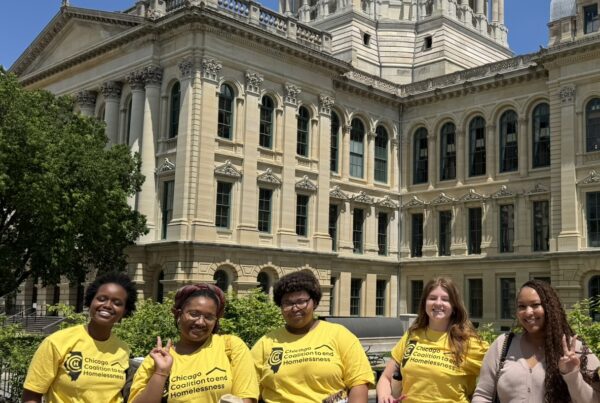Returning from her travels this month in Hungary, Romania and Slovakia, Senior Community Organizer Rachel Ramirez shares her insights and experiences during an international exchange program for organizers.
She writes:

Rachel Ramirez
In Hungary, community organizers face a populist political climate in which their motives are questioned by a government suspicious of foreign influence and funding, including and especially that of George Soros, a Hungarian-American billionaire and philanthropist. Even after winning several local issues related to bus transportation, one local organizer related that he was questioned by local community members about whether his organization was funded by Soros and other international donors. They had heard about such influence on the government-controlled media. With true organizer bravado and political sense, he reported to have responded, “Yes we receive international funding. Does the bus now stop in front of your house?” It did, thanks to his organizing efforts with the people of that community.
This was my second trip to Central Europe as part of an international exchange of community organizers (my first trip was in 2013) funded in part by the U.S. State Department and coordinated by the Great Lakes Consortium in the U.S., Civil Colleges Foundation in Hungary, Center for Community Organizing (CKO) in Slovakia, and CeRe in Romania. During this trip, I had the opportunity to meet with paid organizers, people learning organizing, and community leaders in all three countries. I am encouraged by what I saw there. Community organizing is indeed growing with the work of the dedicated staff in each country.
Another highlight is that one of our fellows on the exchange, Jozef Kakos, program director at the homeless services agency Depaul Slovensko in Slovakia, hired an organizer as a result of seeing the power of community organizing during his four weeks with CCH in April and May of this year. I will be mentoring the new organizer Ivana from the U.S. via weekly Skype meetings. While in Slovakia with Jozef, we met together with several local elected officials to discuss the possibilities of finding solutions to homelessness through meeting with homeless individuals involved in an organizing process. Though it was difficult for some of these elected officials to yet fathom meeting with individuals experiencing homelessness, I am confident that Jozef, his newly hired organizer, Ivana, and their homeless leaders will show them the light.

Rachel, with Jozef and Ivana in Slovakia
As an organizer, I am grateful for the opportunity to adapt what I know to a whole new context, and to spend quality working time with people who are serious about seeing change in their communities. I am grateful to the European mentees and program coordinators who stress the historical significance of our work together, and help U.S. mentors catch up on local political context and cultural differences. I see this program as establishing long-lasting connections between organizers in our different countries, and helping make community organizing stronger on both sides of the Atlantic.






